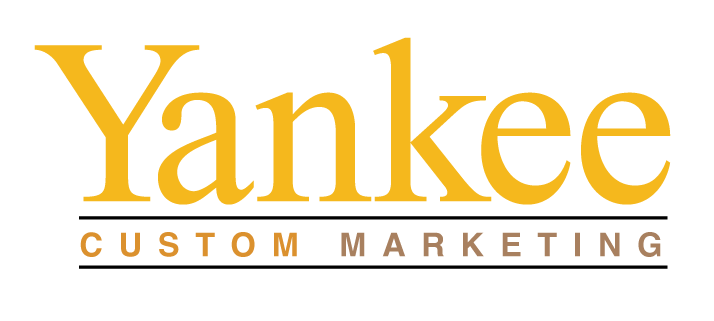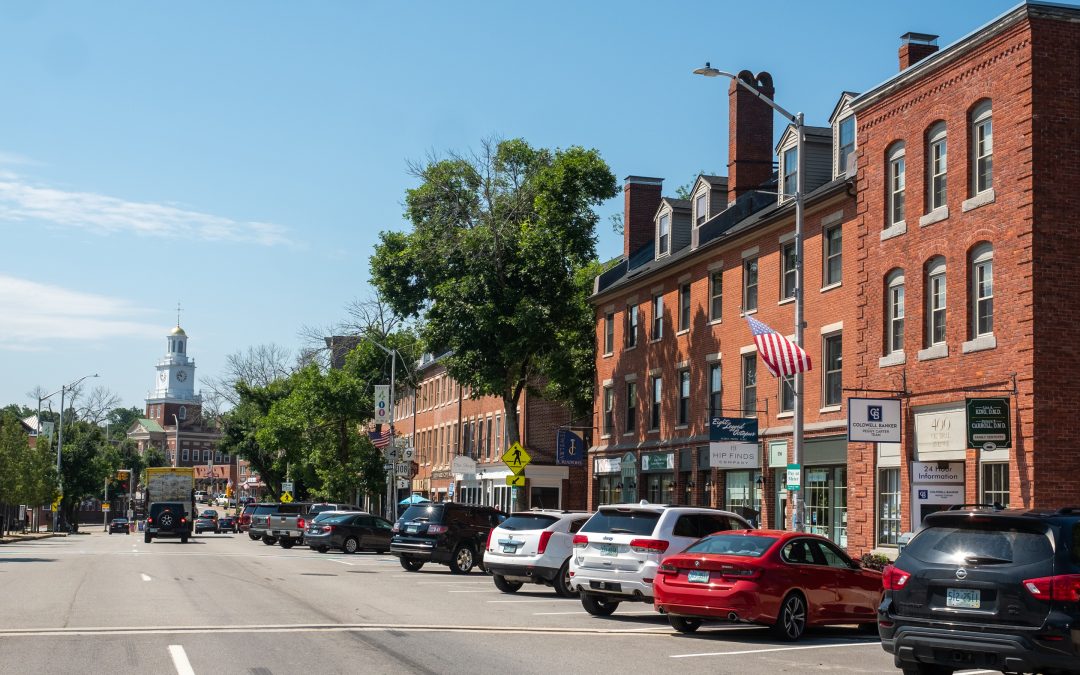New England is well known for its entrepreneurial spirit, hard-working people and strong regional identity. It’s a region where businesses often rely on word-of-mouth and community ties. Getting discovered online can be a challenge. Even the best business may face challenges in standing out in the search results. Businesses that tell authentic stories and harness hyper-local search engine optimization (SEO) can make every impression count.
With just a few major metros – Boston, Portland and Providence – and a lot of smaller, close-knit communities, ensuring that your company story reaches the right audience takes strategic planning. With smaller regional audiences to attract, you must capture the attention of a larger percentage of that audience.
If you’re a new business, you will be competing against organizations that may have decades-long roots. Even if your company has been around since the start of the Industrial Era, potential customers may not know your contemporary evolution.
Content that shows your local contributions and regional understanding can build a customer base that understands you are a neighbor. Optimize those content pieces to be easily found by those nearby to you.
Weave New England’s legacy into your story
While every town or community is a little bit different, New Englanders generally have a deep-rooted sense of local history. Many cities and towns in the region have features and landmarks dating back to the colonial period. The Industrial Era and the explosion of mills along waterways shaped cities and contributed to New England’s identity and culture. Many people have pride in this narrative of hard work and industrialism.
The area’s natural resources, from the Appalachian Mountains to the Atlantic coastline, influence a culture of recreation and relaxation. When it makes sense, connection to these features extends that spirit of nature and adventure to your organization.
Earlier this year, Yankee Custom Marketing shared a reel on Instagram and Facebook that was a behind-the-scenes look at its office in a historic Manchester mill building. The reel had double the reach of what YCM’s more business-focused pieces usually get and tripled the likes and comments.
When you’re looking to highlight how you fit into the New England landscape, here are a few ways to showcase your community connections.
- Tell the story about how your company was shaped by your region, what influenced its founding and how it supports the community.
- Share the spotlight and showcase how you are working with other vendors or partners in the community.
- Solicit customer feedback and share testimonials that highlight your regional identity.
- Incorporate local imagery in your storytelling, whether that’s video tours of local sites or photography that feels authentic.
- Provide a bonus service to your community through helpful tips via email newsletter, webinars or podcasts.
Hyper-local search can put your business on the map
Crafting a great brand story is just the first step. Next, you have to harness the power of hyper-local SEO so that the locals you’re trying to reach can actually find your business.
You might be the perfect fit for a search for something like “financial advisor near Manchester NH,” but there probably isn’t a very high search volume for that. You need to make sure your business is at the top of the page for those niche queries.
Hyper-local search is increasingly important for marketing strategies because it’s very effective. It helps businesses connect with customers who are actively searching for their services and are close enough to convert a sale. Hyper-local search drives foot traffic, inspires more reviews, improves overall search rankings and can increase conversions by targeting high-intent shoppers.
About 80% of consumers in the U.S. say they search for a business online each week, according to SOCi’s 2024 Consumer Behavior Index. Google says that 76% of consumers who do a “near me” search visit a physical location within 24 hours.
How can you ensure you’re found in the right location?
- Claim your Google Business Profile and make sure it stays up to date. Consumers in SOCi’s report say that 72% have used Google Search and 51% have used Google Maps to research local businesses.
- Add your address to your business’s social media channels. Facebook, Instagram and TikTok provided the next highest level of referrals after Google.
- Ensure your business name, address, phone number and website appear consistent across all directories you’re using.
- Become a member of your local chamber of commerce and/or industry association. These groups often have their own website directories that can help build reputable backlinks to your website. Plus, you’ll be able to organically grow your network with other local business leaders.
- Incorporate local landmarks, regional names and colloquial terms to boost hyper-local relevance in your media.
- Blog or post about local events, trends and community issues to showcase your investment in your area.
More you can do to amplify local stories
To build a following of loyal and local customers, share real stories that they can see themselves in. You can use case studies, user-generated content, influencer content and community events to engage with local customers.
People are wary about what companies say about themselves. However, a majority of them look at reviews and take heed of them. Encouraging your customers to share reviews and photos of your products helps show that your business is real and reliable. This also takes the pressure off you to create new content, you can just repackage what your customers are saying.
You can upgrade customer testimonials into longer case studies to show how you worked to address their needs and pair it with their feedback.
If your business needs some reviews with a bit more cachet, look into local influencers who operate in your industry. Micro-influencers with New England roots can work with your brand to create a campaign that can resonate with local audiences.
Lastly, find ways that you can engage with the community in real life and away from your office or storefront. Join in community initiatives, volunteer with local causes or vend at regional festivals. Promoting your involvement with these activities can also improve your keyword density for regional terms, helping to improve your rankings in hyper-local search.
By working on ways to incorporate local names and people into your stories and keeping your online business profiles up to date, you can use hyper-local search to reach motivated customers.
If you’re looking for help, Yankee Custom Marketing has decades of experience in telling stories to New England audiences. Reach out to learn how we can craft your story.

